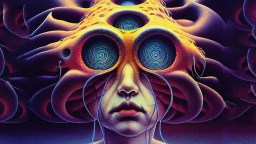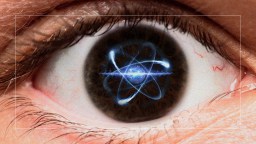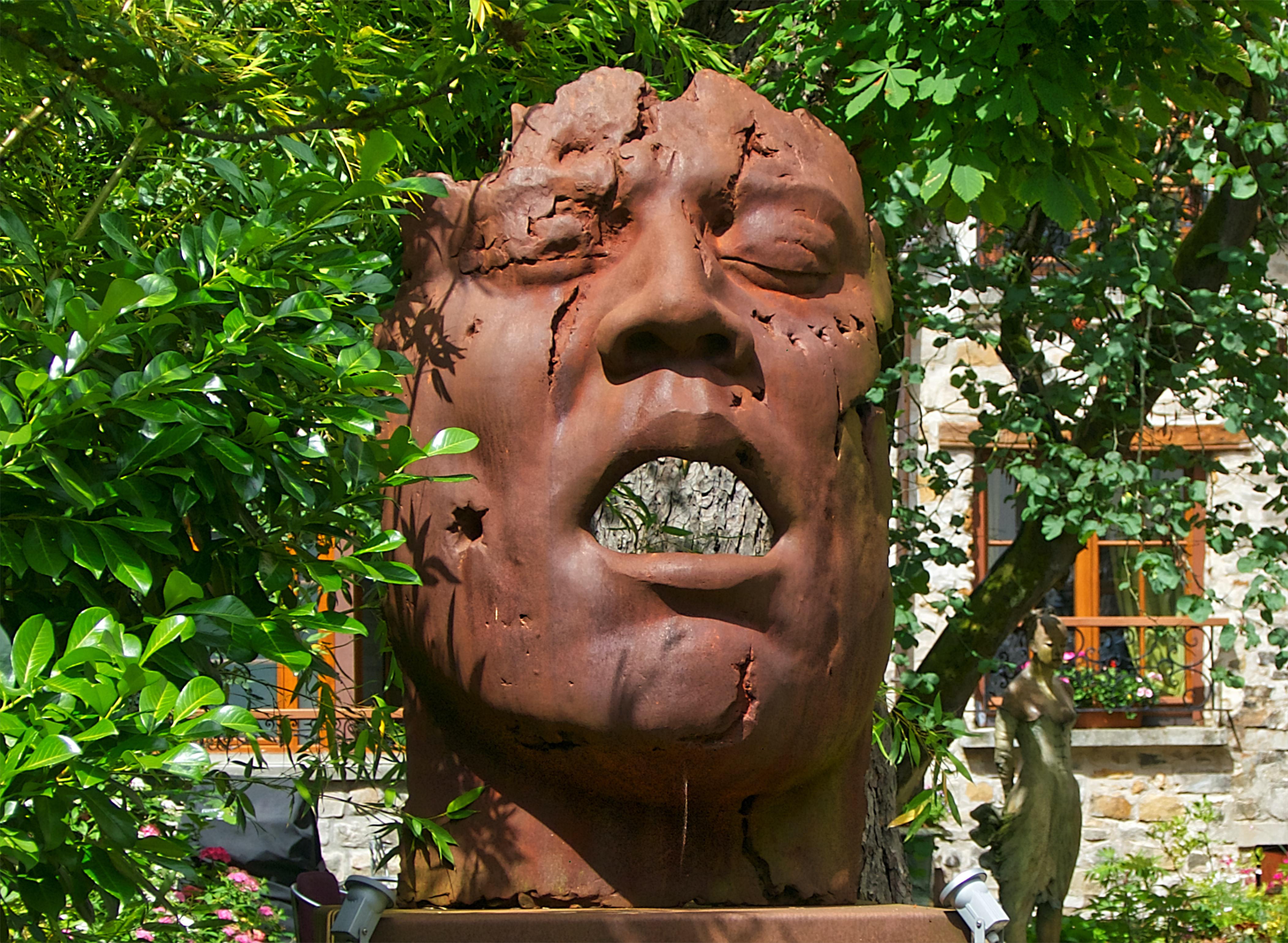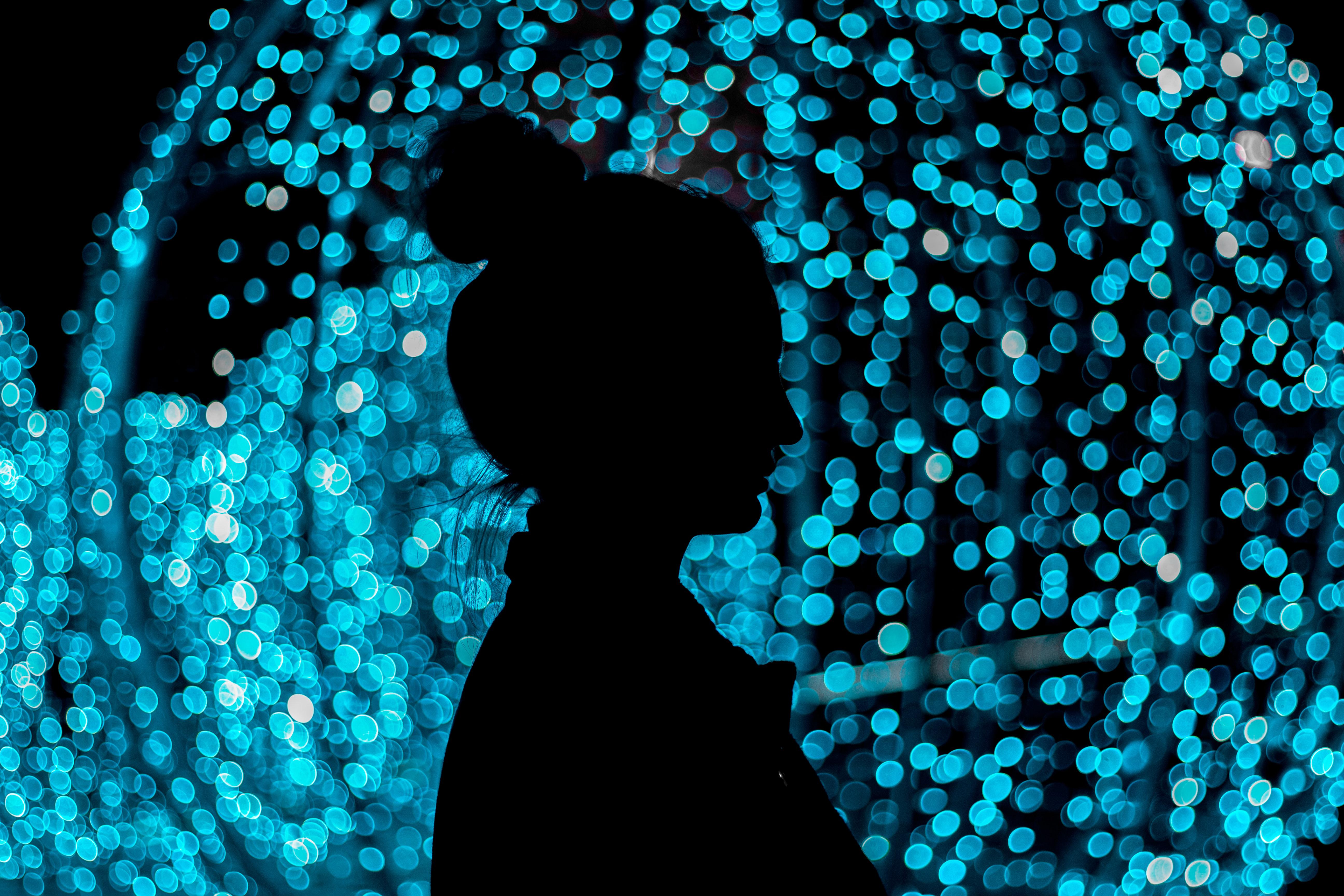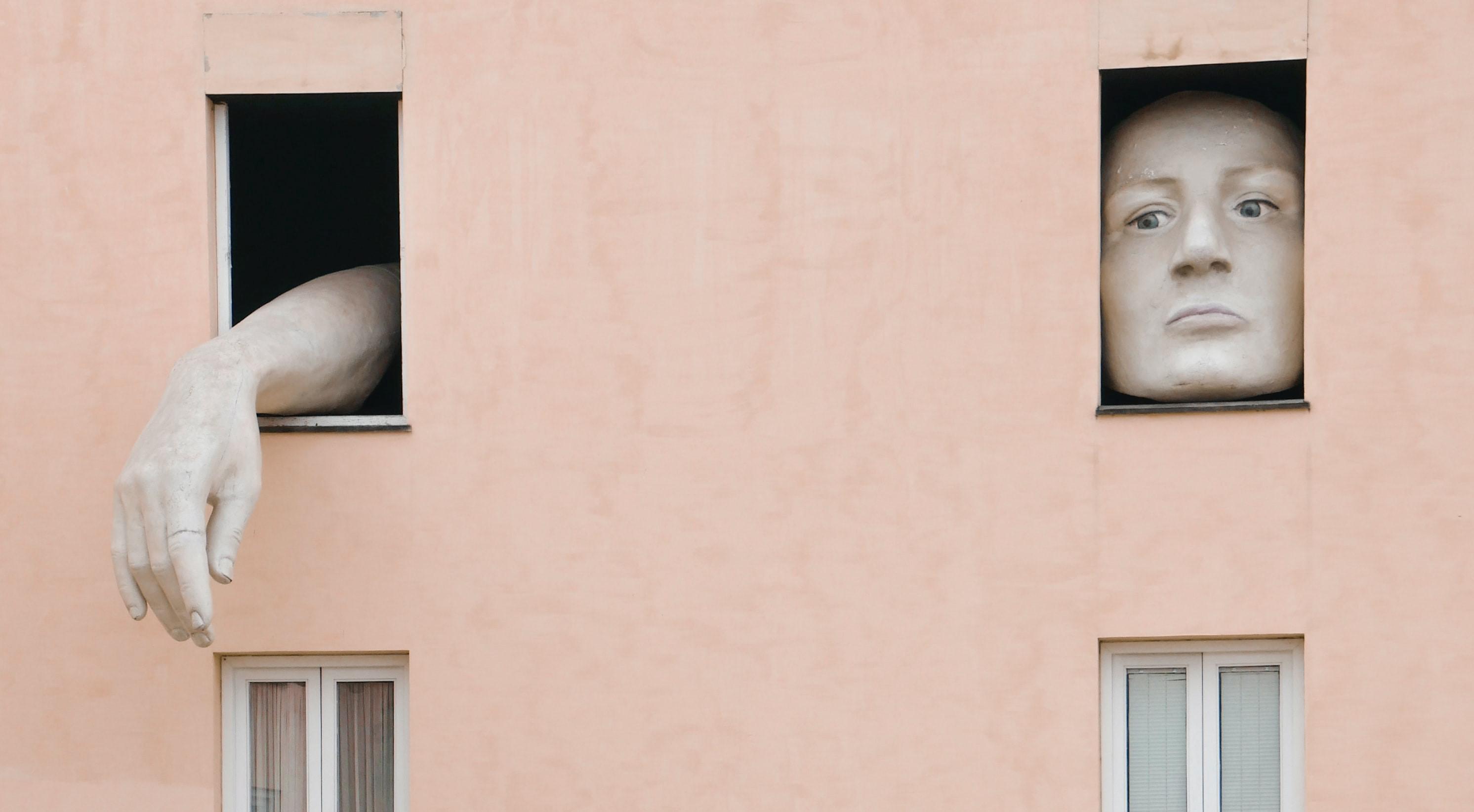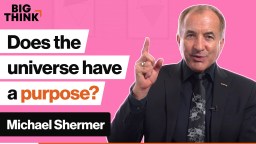consciousness
Can psychedelics solve the ‘hard problem’ of consciousness? A Johns Hopkins professor explains.
▸
4 min
—
with
Is science destined to crack the code of consciousness—and how would we even go about it?
▸
8 min
—
with
Some neurology experiments — such as growing miniature human brains and reanimating the brains of dead pigs — are getting weird. It’s time to discuss ethics.
A theoretical physicist returns to Penrose and Hameroff’s theory of “quantum consciousness.”
Science has not yet reached a consensus on the nature of consciousness.
The most mental game in existence no longer requires fingers.
We can’t ask them, so scientists have devised an experiment.
Creating an afterlife—or a simulation of one—would take vast amounts of energy. Some scientists think the best way to capture that energy is by building megastructures around stars.
They did really well considering joysticks are not designed for oral use.
In-depth research suggests BDSM practitioners can experience altered states of consciousness that can be therapeutic.
Answering the question of who you are is not an easy task. Let’s unpack what culture, philosophy, and neuroscience have to say.
▸
12 min
—
with
Some volunteers performed above chance. They weren’t the psychics.
Is the quest to upload human consciousness and ditch our meat puppets the future—or is it fool’s gold?
▸
14 min
—
with
There is a lot we don’t know about psychedelics, but what we do know makes them extremely important.
▸
20 min
—
with
Neuroscientists and ethicists wants to ensure that neurotechnologies remain benevolent.
Heard about the phenomenon of FNE, or ‘first night effect’?
This week, Big Think is partnering with Freethink to bring you amazing stories of the people and technologies that are shaping our future.
▸
5 min
—
with
Crows have their own version of the human cerebral cortex.
UNC School of Medicine researchers identified the amino acid responsible for the trip.
Another study confirms the positive effects of psychedelics on mental health.
Reaching beyond the stereotypes of meditation and embracing the science of mindfulness.
▸
20 min
—
with
If machines develop consciousness, or if we manage to give it to them, the human-robot dynamic will forever be different.
▸
16 min
—
with
The coronavirus pandemic has brought out the perception of selfishness among many.
Some of the world’s top minds weigh in on one of the most divisive questions in tech.
▸
17 min
—
with
Reveri Health has launched a new stress-relief self-hypnosis program through Amazon Alexa to help combat the anxiety of COVID-19.
A groundbreaking Stanford University study explains the areas of the brain that are impacted by hypnosis.
According to the analysis, the more yoga sessions a person did each week, the less they struggled with depressive symptoms.
Rather than trekking up a mountain, a more accurate metaphor for human development involves navigating the waters of a choppy sea.
▸
6 min
—
with
This article has been retracted.
All that matters is the here and now.
▸
4 min
—
with
